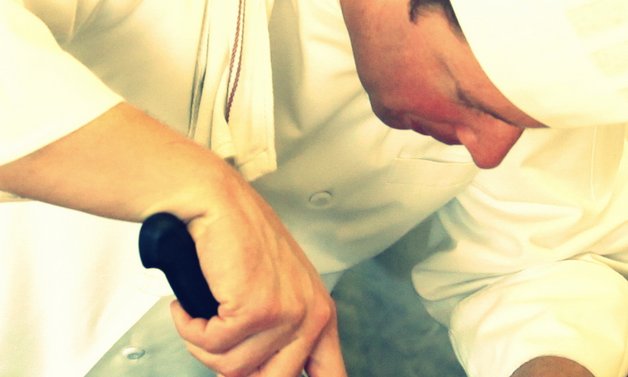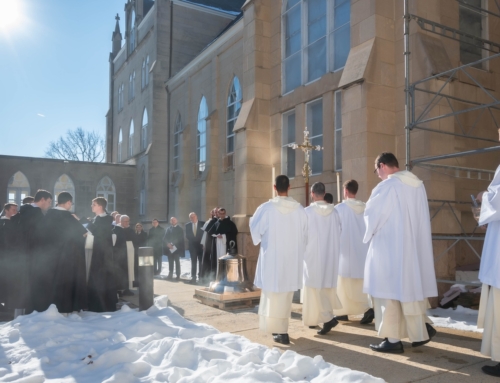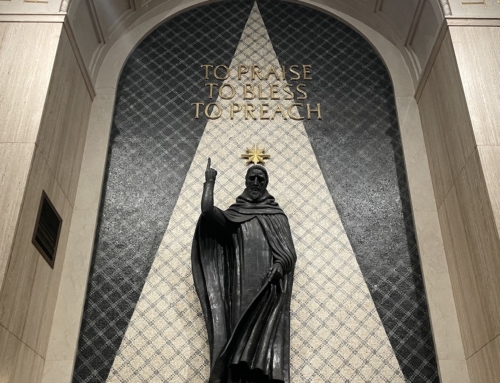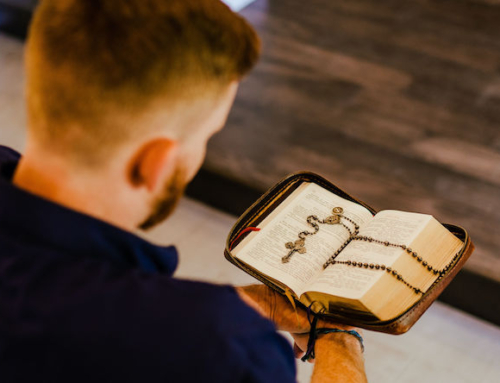“Compliments to the chef,” you tell the waitress. You never met the man behind the meal. He could be a big burly fellow with tattooed arms and a booming voice. Or maybe he’s tall and trim, straight-laced and no-nonsense. You’ve never seen him, because the cook plies his trade of spice and heat, meat and blade beyond the veil of the kitchen’s swing-hinged double-doors. But even though you’ve never seen him, you know a good meal when you taste one; you know when compliments are due.
But as the waitress carries your compliments through those portals, you consider for a moment whether your appreciation really meets the mark. Getting caught up again into one of your more philosophical moods, it dawns on you that the art of a cook is no mere art to be complimented—cooking is the art of staving off death with style.
Beyond those gates, which open and close with a shudder and crack, deep in his culinary kingdom, the cook sets about unlocking the esculent power of the dead to become a feast for the living. In his hands, by his blade and flame, dead flora and fauna are forged into a tasty treatment to keep death at bay. If you eat, you may go on living—if you give up eating, you will die. It is the magic of the cook to draw your mind from the somber reason for your meal to focus on the delightful taste of the remedy.
The magic of the cook, the life-and-death drama of his trade, sheds some light, I think, upon the reason the Lord gave us the Eucharist. It is a mystery worth pondering today, when the Church traditionally has celebrated the feast of Corpus Christi, the Solemnity of Christ’s Body and Blood, which is celebrated on Sunday here in the States. Why did Christ give us the Eucharist? He could have made himself present to us body, blood, soul, and divinity in any other way. Why did he choose to become food and drink?
First, Christ’s giving himself as food reminds us of our desperate need for his grace: We eat because food keeps us alive. Abstain from consuming the fruits of the earth and, within a short time, you will die. Every time we eat we are reminded that, even though we live, we are all living towards death. We need a Savior. We need food that doesn’t just keep death at bay for a few decades, but food that will give us eternal life. The Lord gives us his body as such food—food that keeps us spiritually alive and grants us growth in eternal life. Every time we approach the Eucharist, we are reminded of our need for God’s saving help.
Second, Christ’s giving himself as food reminds us of his power. The Son of God has the power to create the cosmos from nothing; He most certainly has the power to turn ordinary food into his own body and blood. That he gives himself to us as food does not mean that the Eucharist is tame, humdrum, and safe. Even ordinary food can kill you after all. An auto-immune disorder can render even a peanut deadly; so too can the disordered self-love of sin render your soul allergic to the Eucharist. He who eats and drinks unworthily eats and drinks condemnation upon himself (see 1 Cor 11:27-29). Every time we approach the Eucharist, we are reminded of God’s awesome power.
Third, Christ’s giving himself as food reminds us of his love for us: The restaurant cook works for pay, but most cooks, mothers and fathers, work for love. They feed their kids because they love them. Out of love they feed them that they might be healthy and strong. The Father wants us to be reminded of his love for us, of his providential care, of his intimate and mundane concern, and so he gives us bread from heaven. And just as most every meal is born from the death of some creature, so too Christ died in giving us himself as food. The Eucharist speaks of the love by which he laid down his life for us. Every time we approach the Eucharist, we are reminded of God’s love.
At times our Lord may seem like a mysterious chef, hidden away behind heaven’s kitchen doors. But there once was a time when the Son of God, who cooked up the heavens and the earth, came and dwelt among us. Although he ascended back through the veil of those swing-hinged portals, he did not leave us to scavenge and fend for ourselves. In this final age of his salvation, while we await the full number of the saints, he has given us the Eucharist by the hands of his priests. We owe our heavenly chef more than compliments—he gives us himself, body, blood, soul, and divinity—we in turn owe him our very selves. Today, let us wonder at so great a Sacrament, and when he comes again, may we be found worthy to dine with him forever in paradise.
✠
Image: Robert Dozier, Chef in Training







